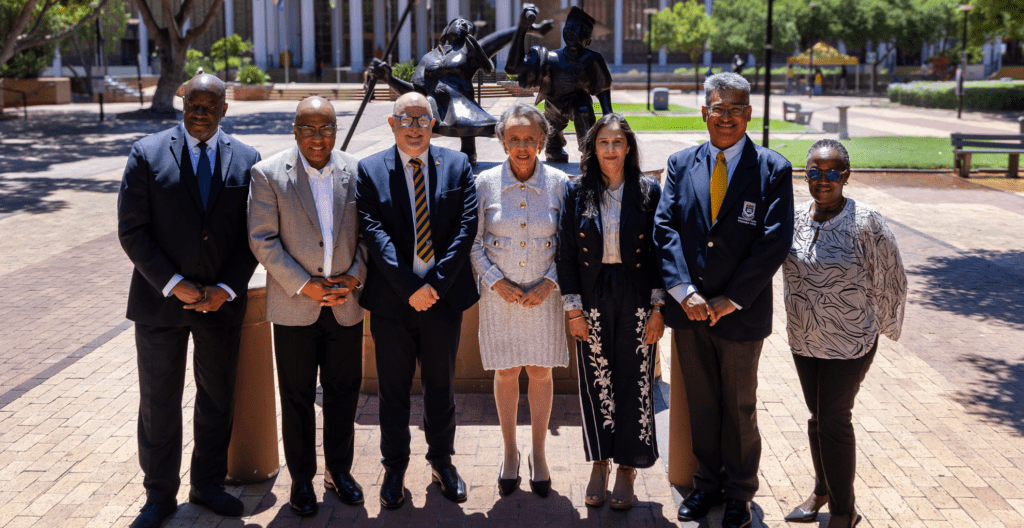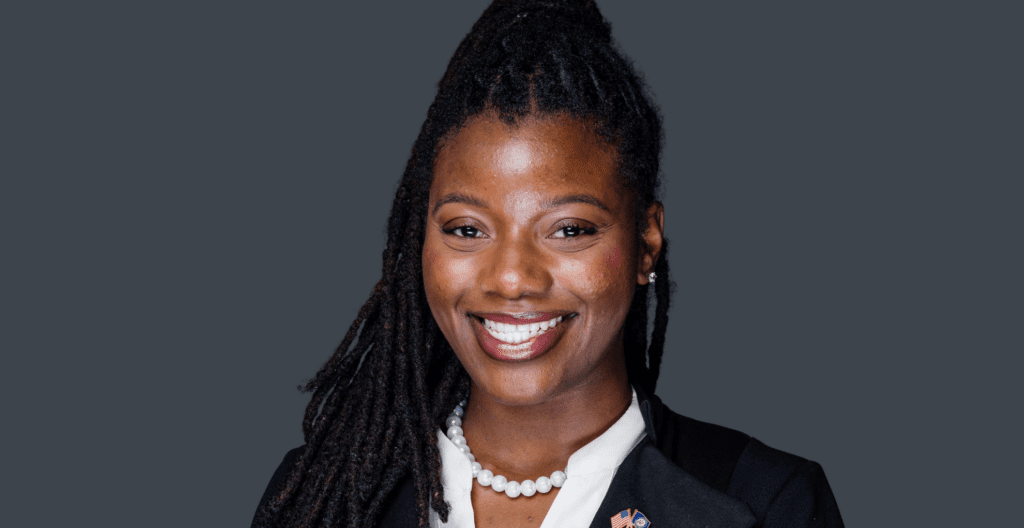The Thurgood Marshall College Fund (TMCF) is proud to partner with Apple on the first-of -its-kind HBCU Initiative to build a pipeline of diverse tech talent from Historically Black Colleges and Universities (HBCUs). Because of Apple’s bold leadership announcement last year, TMCF was able to work with Apple’s internal team to identify 33 Apple Scholars from public and private HBCUs, who are currently interning at Apple Headquarters in Cupertino. In addition, TMCF and Apple awarded $1 million in grants to HBCUs across the country. And this week, Apple and TMCF are hosting 24 HBCU deans and faculty members from the 15 HBCU accredited engineering schools at the Cupertino Headquarters to help them build their capacity to prepare even more students to consider tech careers.
As we wrap up year one, we now know that tech talent exists on HBCU campuses. We are grateful to our partner, Apple, for believing in our schools and trusting TMCF as a resource to assist with finding and developing the talent. We also have a long way to go, but we are committed to working with Apple and committed to finding and supporting the untapped talent at HBCUs.
Story from TechCrunch: Rev. Jesse Jackson says Apple is ‘setting the pace’ around diversity and inclusion
About one year ago, Apple unveiled a diversity site featuring its employee representation data and a letter from Apple CEO Tim Cook about the company’s commitment to diversity and inclusion. Today, Apple has revealed its latest diversity numbers, showing slight but consistent improvement year over year.
Worldwide, Apple is 68 percent male and 32 percent female (last year, Apple was 69 percent male and 31 percent female). In the U.S., Apple is 56 percent white, 19 percent Asian, 12 percent Hispanic and 9 percent black. Apple has actually increased the representation of white people. That said, representation of Hispanic people at Apple increased one percentage point from 11 percent and representation of black people increased one percentage point from 8 percent. [Update: regarding the increase in the white population, Apple said it was due to a change in how it collects data.]
“With respect to our white representation, the increase in the publicly reported white representation rate was due solely to the reduction in our undeclared population,” an Apple spokesperson said in an email to TechCrunch. “There is a footnote in the data section that explains the impact of the reduction in our undeclared population and that the majority of our previously undeclared population were white. Based on what we now know about how this previously undeclared population identifies themselves, white representation actually decreased.”
Last month, Facebook revealed that its employee base is just 2 percent black and 4 percent Hispanic. In short, Facebook showed zero progress in overall representation, despite the company’s efforts to increase the hiring of people of color.
“At this point, Apple is setting the pace,” Rev. Jesse Jackson told me over the phone. “Apple’s ahead of the pack (in tech) but behind national standards. They must continue and not slow down.”
Apple has also officially launched unconscious bias training across larger segments of the employee population. Before, it was only available to a small number of people. Apple also announced today that the company has achieved pay equity in the U.S. for similar roles and performance, stating that women make one dollar for every dollar men make at Apple.
It’s not clear what it looks like when a company is tackling diversity and inclusion correctly, but Jackson sees it as a combination of a few elements, including partnerships with organizations like the Thurgood Marshall College Fund or CODE2040, the inclusion of diverse financial services firms in debt offerings, and including representation among employees and at the board level. Last October, Apple added James Bell, the former CFO and president of The Boeing Company, to its board of directors. Bell is African-American.
“Only God knows where talent will come from,” Jackson said. “That’s the beauty of innovation. The talent might come from high school kids, it might come from someone in jail. Once you bring down these race and gender barriers, you have no idea where the talent will come from. If you have a culture of exclusion, you’re locking people out from the industry.”
Source: TechCrunch



